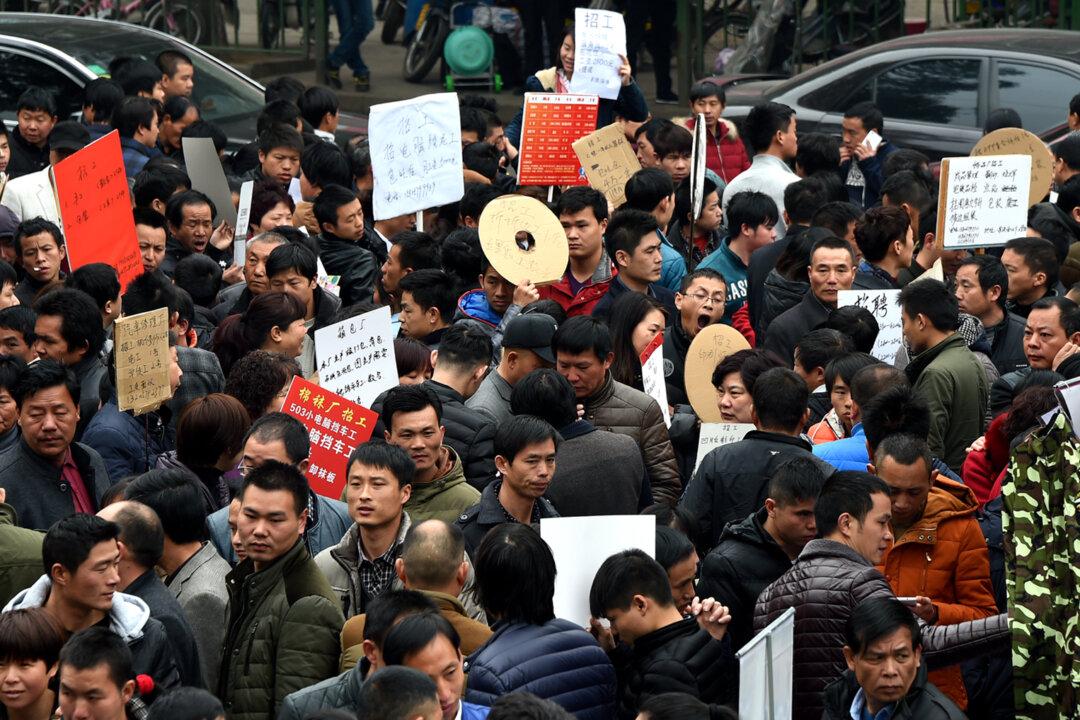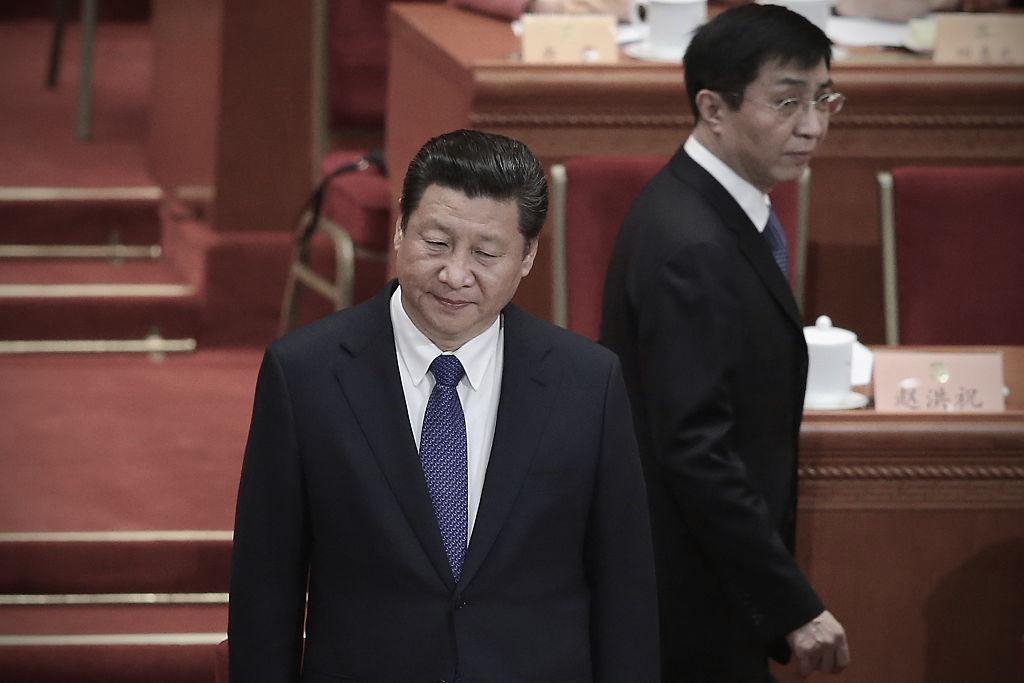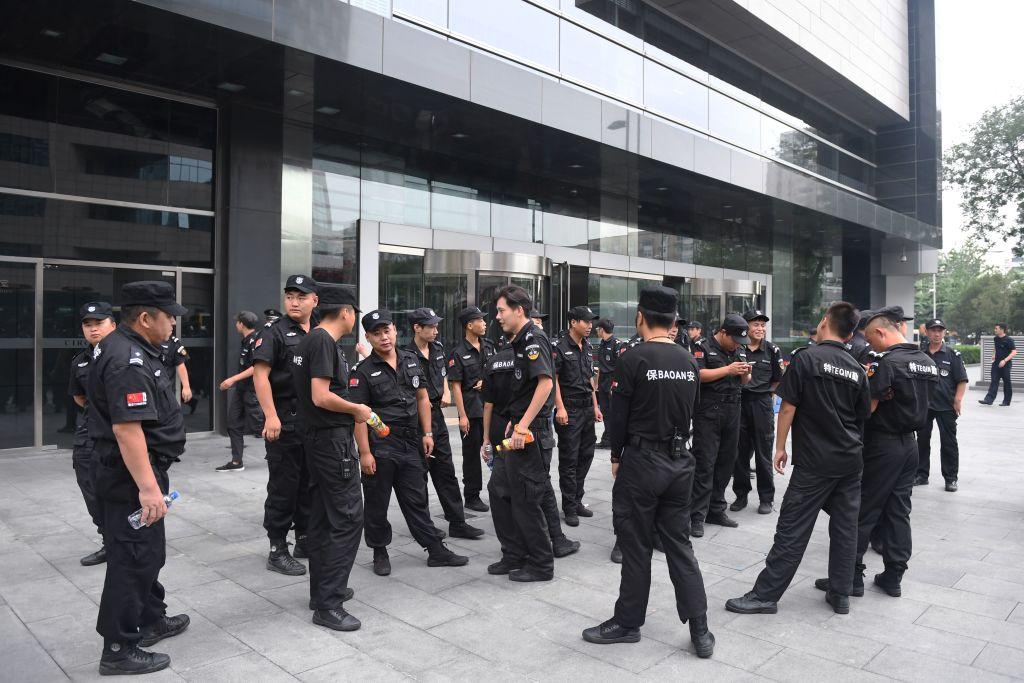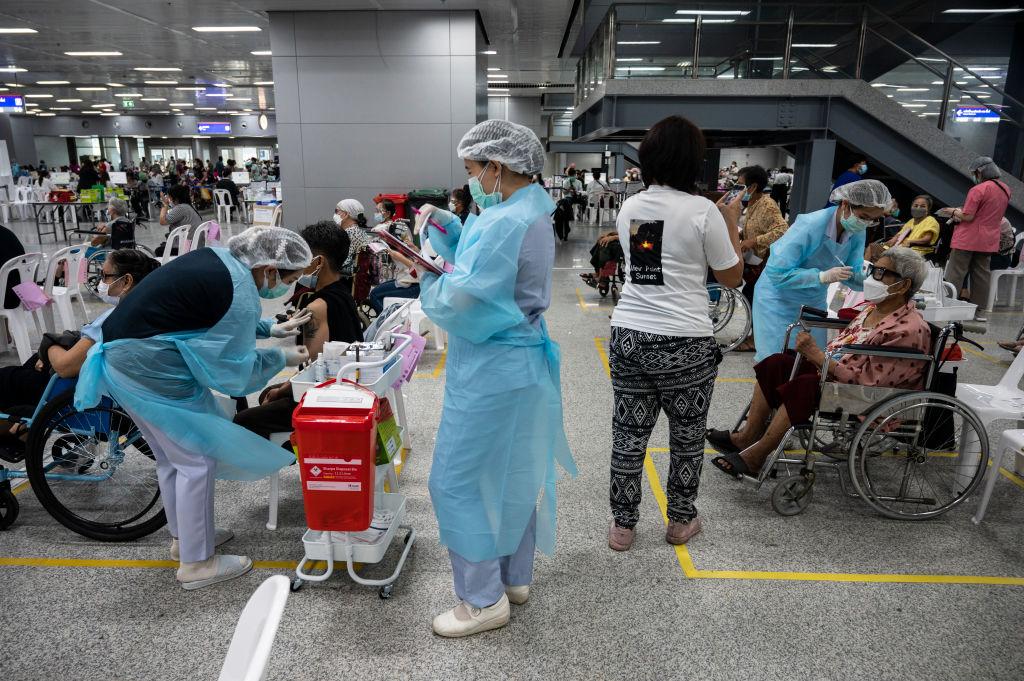In his 2019 New Year address, China’s paramount leader Xi Jinping used one key word that didn’t appear in his 2018 New Year address: “challenges.”
He also used a famous slogan from the Mao Zedong era, at a time when communist China—then an isolated, poor, closed country—vowed to catch up with the UK and the United States in 15 years: “Rely on ourselves, live a plain life, and struggle hard.”




